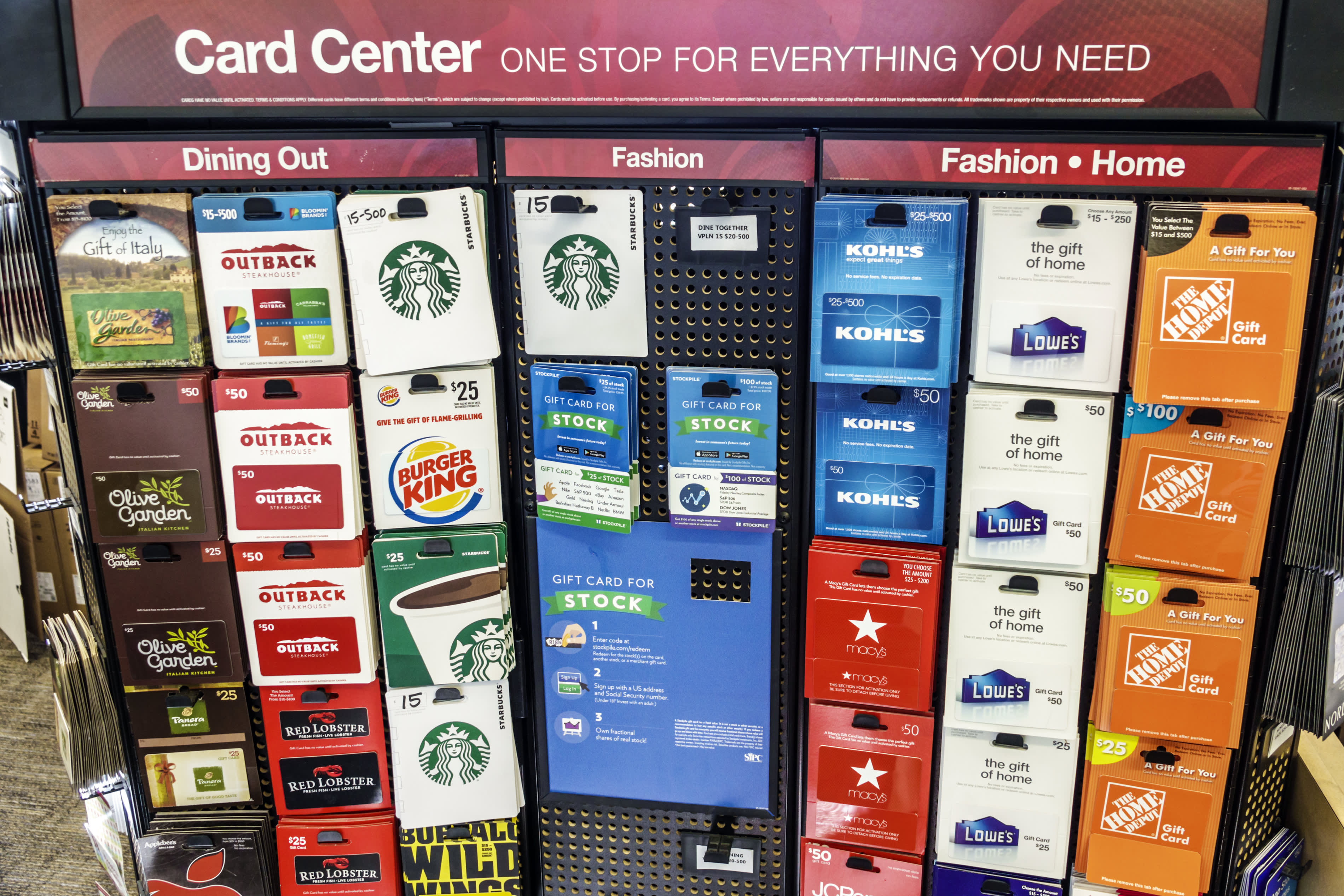
Around 1 in 10 people have fallen victim to gift card scams, according to a survey from AARP, the advocacy group for older Americans.
In these scams, criminals convince targets that they need to purchase a gift card, sometimes called an electronic voucher, to pay bills, taxes or some other financial obligation. The fraudster asks for the information on the back of the card so they can collect the prepaid value.
Gift cards have topped the list of reported fraud payment methods each year since 2018, according to the Federal Trade Commission.
More from Personal Finance:
24% of unemployed workers have been jobless for over a year
Amended tax return may be needed for some unemployed
How to handle Covid-related withdrawals from retirement accounts
Americans have lost $ 245 million to gift-card scams over that time period, with the typical person losing $ 840, according to the FTC.
Roughly a third of adults say they or someone they know have been asked to buy a gift card to pay a bill, fee or debt, according to the AARP survey, which polled 1,000 adults age 18 and older.
The top reasons people were asked to use the payment method were to pay a fee, many times in connection with winning a larger lottery or sweepstakes, and to deal with a Social Security number or account problem.
Of those asked, 11% bought the cards as requested, according to AARP.
Instances of scams have risen significantly during the coronavirus pandemic. Perpetrators have preyed on Americans by selling fake Covid cures and treatments and via identity theft linked to unemployment benefits, for example.
Americans have reported losing nearly $ 400 million to Covid-linked fraud since January 2020, according to the FTC. Nearly 237,000 people have submitted a fraud report, with the typical person losing $ 337.
The true number is likely higher, since these figures only reflect crimes that are voluntarily reported by consumers.





